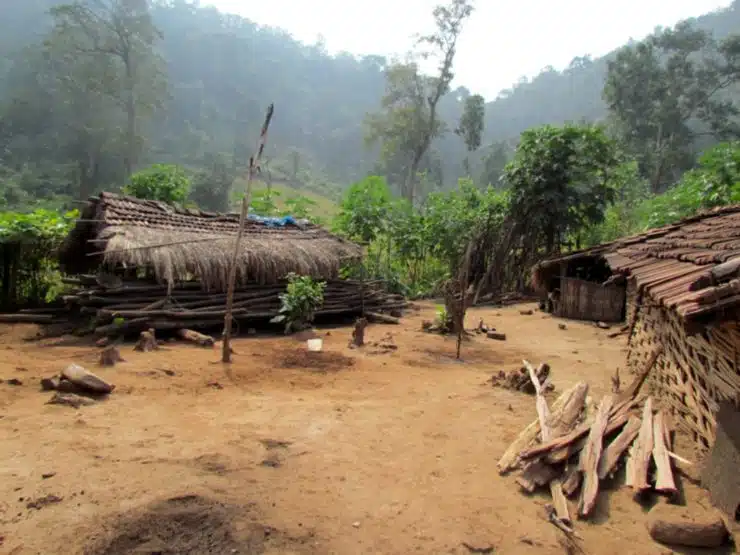By: Priyanka Agarwal
Table of Contents
- Introduction
- Contention of Petitioners
- Contention of the Respondent
- Order of the Court

Introduction
Justice N. Satish Kumar of the Madras High Court while hearing a Writ Petition under Article 226 of the Constitution of India, held that No Forest Rights can be claimed solely on the basis that their ancestors lived in the forest; sole dependency on Forest for Bonafide Needs also has to be established.
In an earlier order of the Respondent Authority, some part of the Forest Area was declared to be a Reserved Forest and the Petitioners were ordered to evict the area.
The petitioners were evicted and against that order, they filed an SLP in the Apex Court, claiming that the said land is not forest land. It was dismissed by the Court however, it directed the respondents to take up the claim petitions and deal with the same in accordance with the provisions of the said Forest Act.
In the present Writ Petition, the Petitioners are relying on Scheduled Tribes and Other Traditional Forest Dwellers (Recognition of Forest Rights) Act, 2006, they are claiming the land to forest land, that they and their ancestors resided on the said land and that they are solely dependent for their needs from the forest produce.

Contention of Petitioners
Mr.Vineeth Subramanian, learned counsel appearing for the petitioners mainly submitted that the petitioners were residing in the forest for more than three generations, and they are uneducated people therefore, it is the duty of the Official to verify the records and take a decision. But the respondent authority evicted them merely on the ground that they could not prove official documents.
It was also contended that, merely because they had been residing outside the forest to fulfill some needs, it does not mean that they have no intricate relationship with the forest and its produce.
The contention of the Respondent
Mr. R. Anitha, Special Government Pleader, appearing on behalf of the respondent submitted that the petitioners had not been residing in the forest, rather they had made several attempts to encroach the land of the forest since the 1980s. Also, in the earlier Writ Petition, they themselves stated that the said land is not forest land. The Division Bench of the Apex Court while dismissing their earlier Writ Petition merely made an observation that the rights, if any, under the said Act are left open to be agitated in the appropriate forum. The petitioners are taking advantage of that observation and have once again sought re-litigation.
Order of the Court
The Court in the present case, while relying on the finding of the Division Bench of the Apex Court, the petitioners have not proved that the lands were not included in the ‘Reserved Forest’, dismissed the Writ Petition filed by the petitioners.
The Court also held that Section 2(o) of the said Act, deals with the “Other Traditional Forest Dwellers” and the same makes it clear that one has to show that at least three generations prior to 13th December 2005, primarily resided in the forest and would depend on the forest or forest land for bona fide livelihood needs. The petitioners have failed to prove that, hence, on ground of not finding merits in the Writ Petition, the Court dismissed the same.
Case Title: AC Murugesan and others v. The District Collector and others, 2024 LiveLaw (Mad) 94












